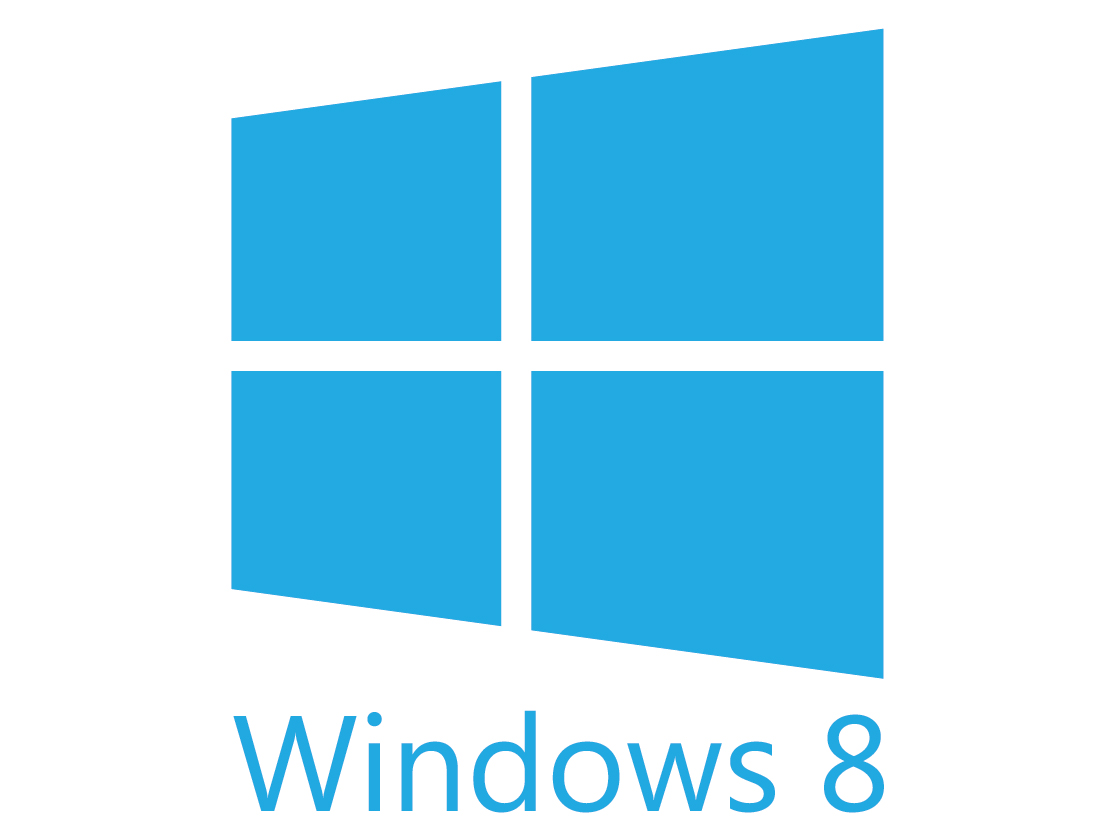Samsung Exec Blames Windows 8 for Declining PC Market
Samsung says the PC industry will be phased out with the help of disappointing Windows 8 sales.
On Friday Jun Dong-soo, president of Samsung’s memory chip division, told reporters at the COEX InterContinental Hotel in Seoul that Windows 8 has failed to bolster demand for PCs, and that the industry will likely not rebound any time soon. Even more, he said that Microsoft's new Windows overhaul is really no better than Windows Vista based on current market performance.
"The global PC industry is steadily shrinking despite the launch of Windows 8," he told reporters. "I think the Windows 8 system is no better than the previous Windows Vista platform."
He goes even further to say that there will be no expected boost to PC sales thanks to Windows 8's failure, and that the PC industry itself will gradually be phased out. Naturally, this comment stems from a company that seemingly makes the bulk of its revenue from Android-laced smartphones and tablets. Still, the comments hurt.
''Microsoft’s rollout of its Windows Surface tablet is seeing lackluster demand," he said. "Meanwhile, previous vigorous pitches by Intel and Microsoft for thinner Ultrabooks simply failed and I believe that’s mostly because of the less-competitive Windows platform."
Double ouch. He then goes on to question why the prices of conventional memory chips are rising even though the PC market itself is declining. Currently U.S.-based Micron is the #1 supplier with a 51-percent share of the global market, followed by SK Hynix (31-percent) and Samsung (15-percent). He claimed that Samsung does not manipulate the chip prices, that the current situation is "surely unhealthy."
Jun's comments arrive after the International Data Corporation (IDC) said that PC shipments in 2013 are expected to decline 1.3-percent in 2013. The forecast is based on poor holiday sales, an "underwhelming" reception to Microsoft's new Windows 8 platform, and a continuing economic "malaise" that further crimped IT budgets in the second half of 2012.
"Although the PC industry had banked on Windows 8 and a more varied and less expensive offering of ultrathin notebooks to revive demand, efforts thus far have been disappointing," the firm said.
Get Tom's Hardware's best news and in-depth reviews, straight to your inbox.
A lack of touchscreen components has contributed to a limited supply of touch-enabled Windows 8 models which in turn has hindered sales of the touch-based platform. Those that are on the market appear relatively expensive compared to other options.

Kevin Parrish has over a decade of experience as a writer, editor, and product tester. His work focused on computer hardware, networking equipment, smartphones, tablets, gaming consoles, and other internet-connected devices. His work has appeared in Tom's Hardware, Tom's Guide, Maximum PC, Digital Trends, Android Authority, How-To Geek, Lifewire, and others.
-
bluerider It is the vendors. How many Samsung, Asus, Acer commercials do we see for Window's PCs nowadays? All I see are android and apple commercials. If Samsung wants to blame anyone, they should blame their own marketing team for failing to market any of their Windows 8 PC's. Samsung paid lip service to Windows, then actively worked against the Windows brand, and now that it's reveling in its success, they blame Microsoft (who's surface commercials are the only ones I see). That's very underhanded.Reply -
Wamphryi Now that Win 8 has been rejected for reasons that are often inaccurate it is possible the PC industry may decline. That will push up prices from mass market pricing to niche market pricing. Something we can all look forward to I guess. To bad Win 8 actually works well and is an excellent performer on an ultra book. All that means nothing in the face of that missing Start Button.Reply -
bison88 This is simply a small case of domestic abuse. They'll both kiss and make up, eventually.Reply -
ssd_pro Correct. There was enthusiasm around the Windows 7 launch on a much greater scale. The best you find for 8 are comments like:Reply
"Its not that bad."
"I can tolerate it."
"Just install Start8 and it is fine."
"I just like having the latest."
"I had to get it, that's all they offered. I don't mind it."
That is not enthusiasm, its pathetic. And yes, it really isn't bad. It is a fine OS. It just isn't exciting or innovative. -
STravis Samsung is making money hand over fist with their Android phones - so much so that Google is worried that they may be held hostage by them; of course Samsung has very little interest in PC's. They're not as lucrative.Reply -
house70 Win8 just doesn't offer anything compelling for consumers to upgrade from Win7. With Win7, they were trying to get away from Vista as fast as possible, and that was because the initial release of Vista was pathetic. It did improve quite a bit after SP1, but the damage was done already, and Win7 was around the corner.Reply
Win8 is not a bad OS, but the stakes were just raised too high by Win7. -
STravis A PC industry that is not growing rapidly does NOT mean it's declining. SumYunguy is talking out of his rear.Reply -
house70 I forgot to mention the drivers; for Win7, one could use WinVista drivers just as well. Win8 required new drivers. The support did not keep up the pace.Reply -
whyso Seriously, if you think windows 8 is not hurting laptops sales just go on newegg and look at laptop review. Most common complaint (for notebooks sold with windows 8) is that it runs windows 8.Reply
